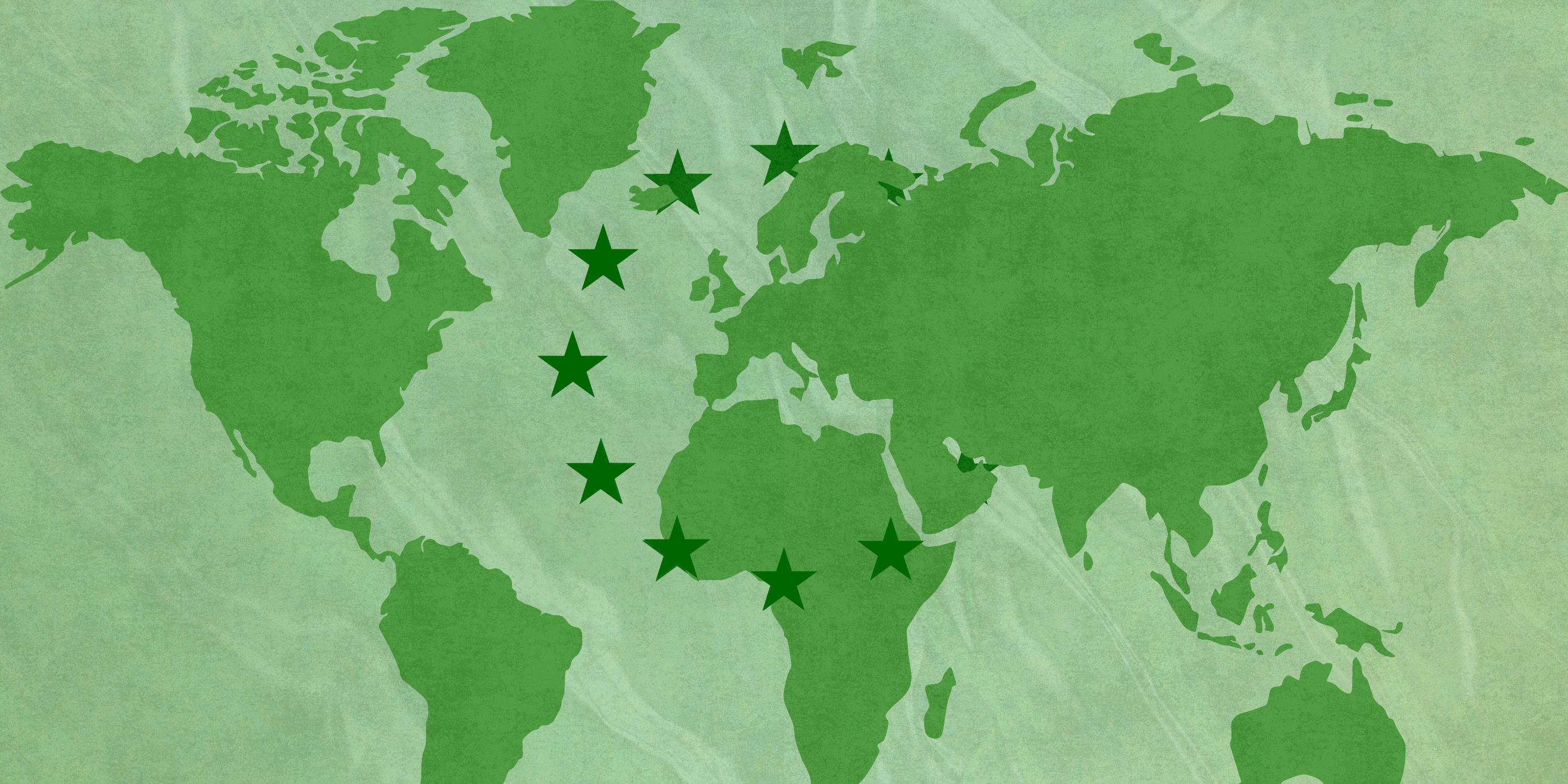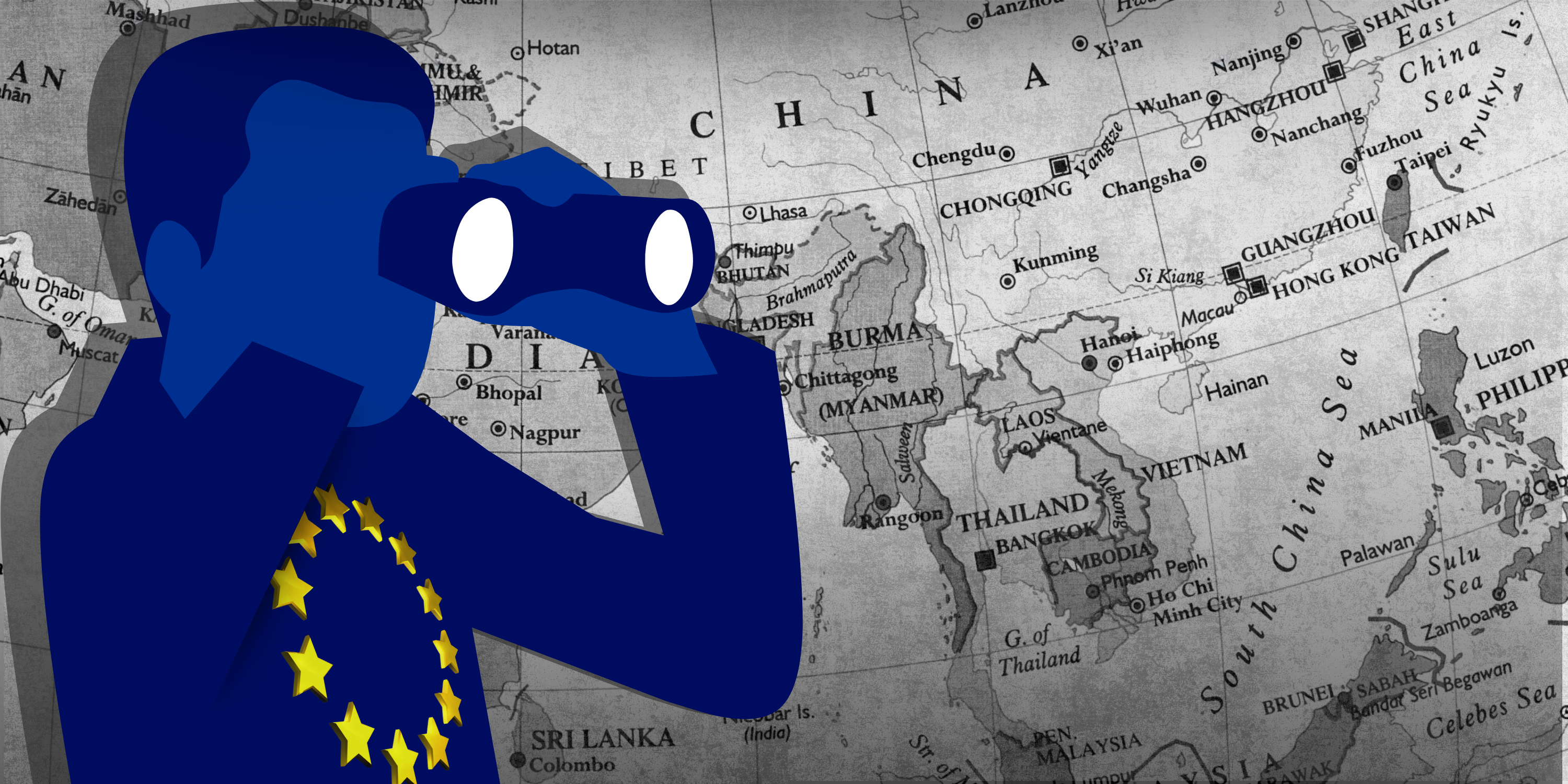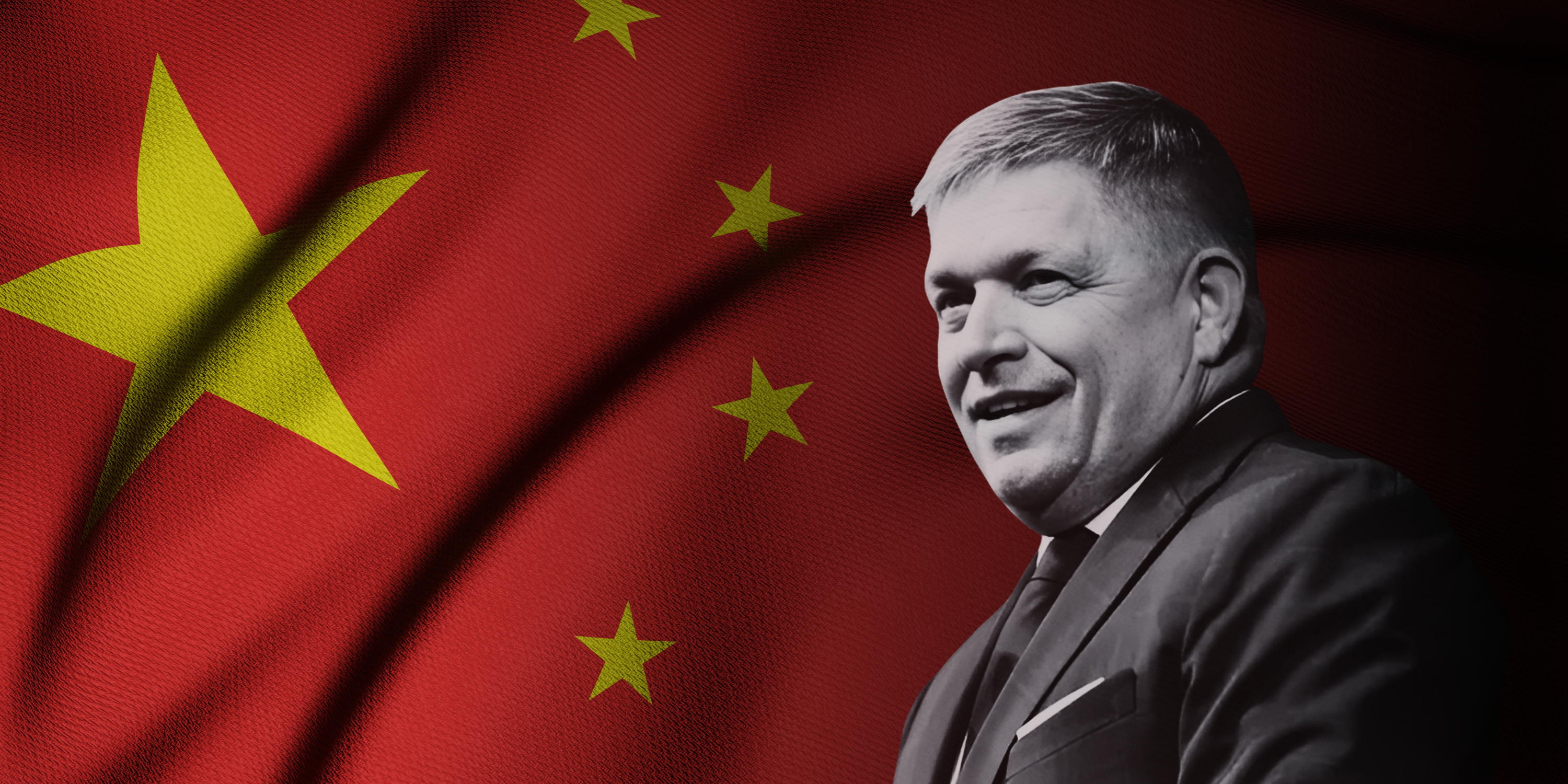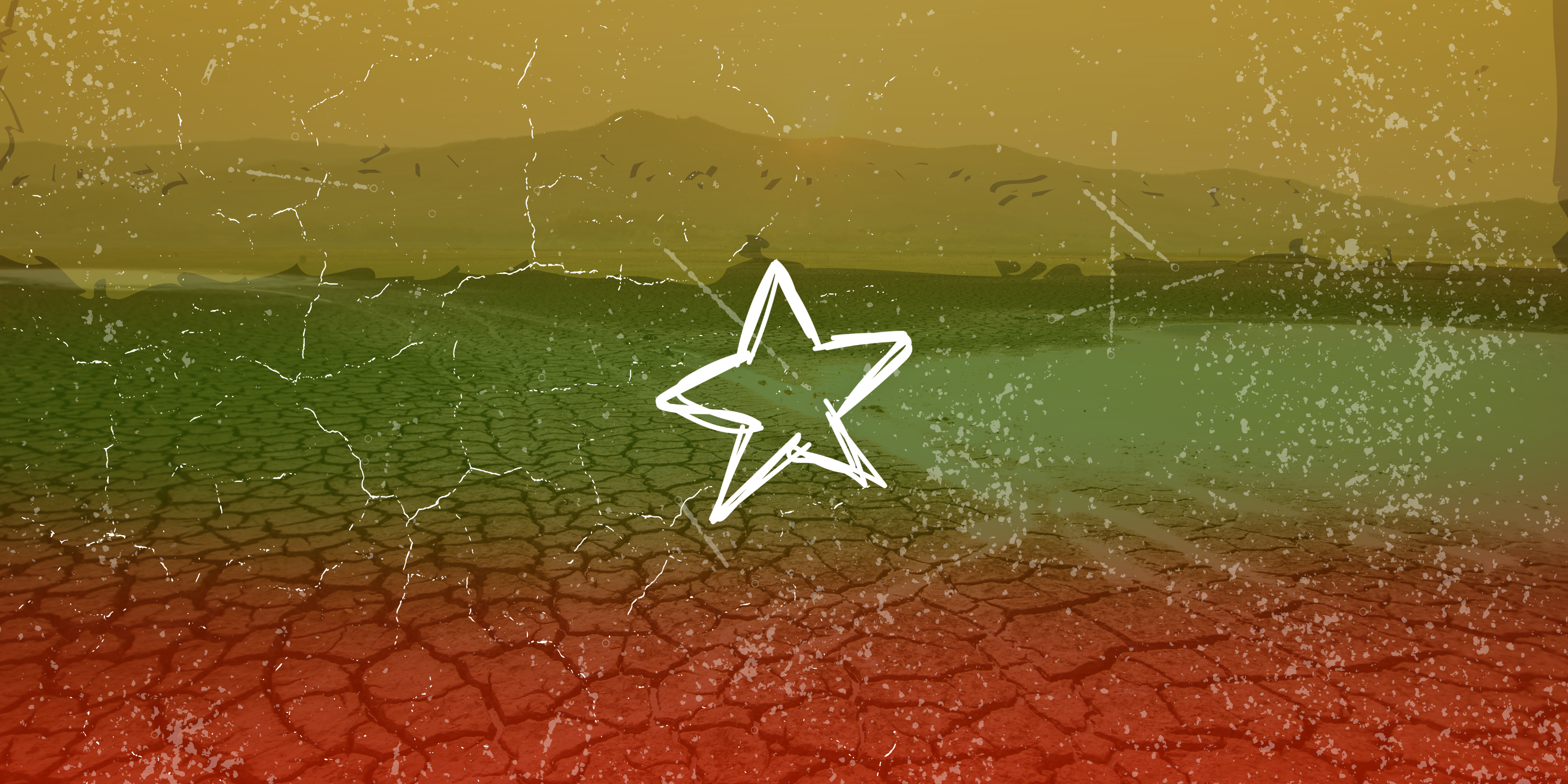To restore the potential of green diplomacy, the EU’s Green Deal should be “internationalist in its ultimate objectives but sovereignist in its practical modalities”.
Key Takeaways:
-
The European Green Deal (EGD) will have a considerable impact on Southeast Asia, likely raising further concerns about national sovereignty and economic stability.
-
Southeast Asian countries, such as Indonesia, Malaysia, and Vietnam, are critical of the pervasive EU environmental measures under the EGD, including the European Union Deforestation Regulation (EUDR) and the Carbon Border Adjustment Mechanism (CBAM). They see these measures as imposing unfair burdens, potentially threatening local competitiveness in the global market.
-
It’s essential to balance green diplomacy with respect for divergent circumstances of developing nations, with the EU taking a more collaborative and inclusive approach, such as creating space for co-designing policies with Southeast Asian countries.
In 2019, the EU unveiled the European Green Deal (EGD), the world’s first initiative to reduce greenhouse gas emissions by 55% by 2030 and achieve climate neutrality by 2050. This policy is not just about tackling climate change; it’s about transforming how the EU produces, consumes, and trades goods and services. By focusing on internal regulations, the EGD aims to create a greener economy, driving innovation and setting new standards across all sectors within the EU.
While the EGD primarily serves as a framework for guiding the EU’s internal policies, its influence extends globally. Brussels leverages its soft power through the EGD to shape environmental standards worldwide, particularly in Southeast Asia. However, this influence has sparked criticism as member states of the Association of Southeast Asian Nations (ASEAN) grapple with concerns over the EGD’s impact on their national sovereignty and economic stability.
EU’s role in green diplomacy
For over three decades, the EU has been a key player in global environmental diplomacy, using multilateral and bilateral channels to advance environmental agendas. This influence is amplified by the “Brussels Effect”, a term coined by Anu Bradford, which describes the EU’s ability to set de facto global standards due to its significant market power. This is evident in its leadership role in climate agreements such as the Paris Agreement of 2015, which aims to keep global temperature increases below 1.5°. Despite these efforts, many countries have yet to meet the Paris Agreement’s goals, prompting the EU to develop more targeted initiatives like those outlined in the EGD.
The EGD’s reach is far from limited to Europe. While its main objective is to guide Europe’s own transition to a greener economy, the EGD will significantly affect non-EU countries. According to the EGD’s communication documents, the EU views climate change as a “threat multiplier,” suggesting it could destabilize regional and international security, thereby pressing governments to take urgent action. While the EGD’s intentions are positive, aiming to establish a robust climate and energy framework, its initiatives, such as the European Union Deforestation Regulation (EUDR) and the Carbon Border Adjustment Mechanism (CBAM), have drawn significant attention and controversy, particularly in Southeast Asia.
The EUDR requires businesses to ensure that products sold in the EU do not contribute to deforestation, making it obligatory for EU member states to enforce strict due diligence requirements. This regulation mandates companies to meticulously trace and monitor their supply chains, affecting seven key commodities, including palm oil, rubber, and cocoa. For instance, Belgian chocolate makers need to prepare for the potential high costs and supply chain impacts of verifying deforestation-free cocoa from major producers like Ghana and Côte d’Ivoire. Meanwhile, German tire manufacturers are also wary of strict rubber traceability requirements that could exacerbate current decline in sales and production, potentially leading to a loss of global market share. On the other hand, the CBAM imposes a carbon price on imports of carbon-intensive goods such as steel and aluminum, compelling EU importers to purchase carbon certificates that reflect the carbon costs that would have applied if these goods were produced under the EU’s carbon pricing system. This mechanism effectively pushes other countries to adopt stricter environmental standards to remain competitive in the EU market.
The EUDR is scheduled to take effect in 2025, with the CBAM following in 2026. Both initiatives are expected to significantly affect developing nations across Latin America, Africa, and Asia, which have collectively expressed critical stance on the subject. For instance, Brazil, South Africa, India, and China have called the CBAM ‘discriminatory’ and are likely to raise the issue at the World Trade Organization. Meanwhile, several countries in Latin America, Africa, and Southeast Asia have lobbied hard to delay and weaken the implementation of the EUDR, arguing that these policies could negatively impact their economies and trade relations with the EU.
Southeast Asia’s objections to EGD
Southeast Asia has strongly objected to the EGD, particularly concerning the EUDR. Indonesian environmental law expert Giorgio Indarto highlights the significant administrative and financial burdens the EUDR imposes on stakeholders due to its stringent compliance requirements. For instance, trade partners of the Union will need to prove that the land on which products have been grown or cultivated has not been deforested since December 31st, 2020, a demand nearly impossible for small-scale farmers and medium-sized exporters. The Indonesian government has criticized the regulation as “regulatory imperialism,” warning of its potential to harm small farmers, who are the backbone of Indonesia’s palm oil, rubber, and coffee industries. These concerns have garnered support from neighboring countries like Malaysia.
The Malaysian Palm Oil Board (MPOB), a state body, has labeled the EUDR a “significant trade barrier,” particularly for the rubber industry, where 75% to 80% of production comes from smallholders. While larger palm oil farms may be better equipped to meet the EUDR’s requirements, small-scale farmers in this sector face an uncertain future. In response, Malaysia and Indonesia are actively negotiating the EUDR’s implementation strategy with the EU, even seeking alternative markets outside the EU.
The CBAM has also sparked controversy, especially among ASEAN member states whose economies depend on carbon-intensive exports. Vietnam, for example, has seen a significant rise in its iron and steel exports to the EU, growing by 24.4% to more than $2 billion in 2022. Iron and steel account for about 5% of Thailand’s exports to the EU. Vietnam and Thailand, for instance, are concerned that the CBAM will impose higher tariffs on their exports, making them less competitive in the EU market. Both countries acknowledge the importance of carbon pricing but face significant regulatory and knowledge gaps that hinder the effective implementation of such mechanisms.
A threat to Southeast Asia’s sovereignty?
The EGD also raises significant concerns about national sovereignty, particularly in how it influences domestic policymaking in Southeast Asia. Sovereignty refers to a state’s autonomy to make decisions and implement policies within its borders. Some scholars argue that while sovereignty allows countries to balance environmental concerns with economic development, it can also hinder global climate action when nations prioritize their interests over international agreements.
In the context of the EGD and the wider climate action agenda, sovereignty becomes a double-edged sword. On the one hand, it enables countries to seek alternative markets and prioritize economic growth, as seen with ASEAN member states seeking alternative markets outside the EU in response to the EGD. Indeed, developing countries have varying priorities, such as prioritizing growth and improving the prosperity of smallholders and small-to-medium enterprises (SMEs), and they fear that strict environmental regulations could compromise their goals and economic interests. On the other hand, these countries face pressure to conform to global environmental standards that may not align with their national priorities but are necessary to remain competitive in the global market. This tension could lead to market fragmentation and increased inequality as smallholders struggle to compete with large corporations that can more easily adapt to new standards. Although the EUDR and CBAM have not yet come into effect, when they do, criticism from ASEAN countries is likely to escalate further.
Even now, the perceived injustice of the EGD further exacerbates these tensions. Many in Southeast Asia argue that the EU’s regulations do not sufficiently recognize the historical responsibility of developed nations in driving global emissions. ASEAN countries contend that the EGD, specifically the EUDR, violates the principle of “common but differentiated responsibilities,” a key concept in the United Nations Framework Convention on Climate Change (UNFCCC). This principle acknowledges that while all countries must address climate change, their responsibilities differ based on their capabilities and historical contributions to global emissions.
Indeed, ASEAN states acknowledge the importance of green transition and have worked to improve sustainable practices, specifically in the palm oil industry despite economic and developmental struggles. However, following the EU’s unilateral decision to implement the EGD without consulting its trading partners, ASEAN feels that their sustainable efforts are underappreciated.
Conclusion: balancing green diplomacy and discursive control
ASEAN has been Europe’s third-largest trading partner since 2015. To maintain these vital economic ties, the EU must adopt more inclusive regulations. As suggested by Elise Remling, the EU could benefit from a people-centered, not fear-inducing, approach that integrates local economic and developmental contexts. By fostering dialogue and collaboration with Southeast Asian countries, the EU can address concerns over sovereignty and economic impact more effectively.
For example, the EU could involve ASEAN representatives in the policy-making process, particularly concerning the EUDR, and be open to alternative proposals. This would allow ASEAN states to advocate for their interests, such as promoting the inclusion of small farmers in commodity supply chains, while also finding ways to leverage the Brussels Effect to their advantage.
Moreover, the EU could assist developing countries by offering technical assistance and capacity-building activities, particularly regarding the CBAM mechanism. The EU also needs to be open about its actions. By doing so, the EU can help Southeast Asian nations navigate the challenges of reducing carbon emissions without imposing unfair burdens. Additionally, the EU could consider country-specific policies under CBAM, as recommended by the ISEAS–Yusof Ishak Institute, to address the unique circumstances of each ASEAN nation.
To restore the positive potential of green diplomacy, the EGD should be “internationalist in its ultimate objectives but sovereignist in its practical modalities,” to borrow from the theory of French economist Thomas Piketty. This approach emphasizes the importance of international collaboration in addressing environmental issues while respecting each nation’s unique circumstances and priorities. By protecting the interests of developing nations, the EU can foster a more collaborative and effective green transition with ASEAN countries.







